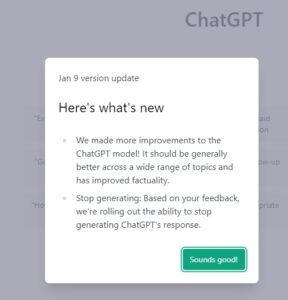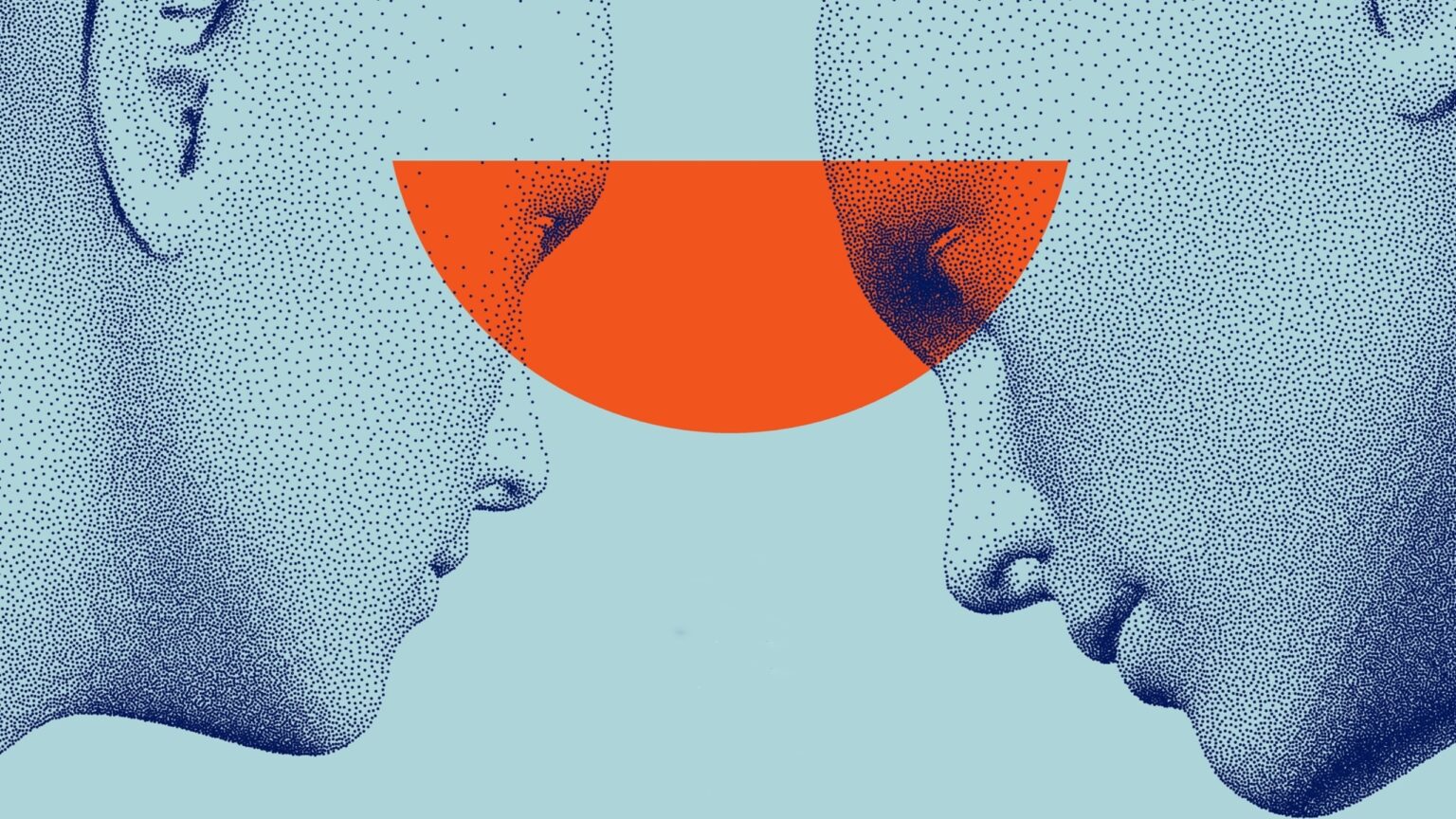Ex-OpenAI employees have launched their own Chatbot as a competitor artificial intelligence (AI) to ChatGPT and YouChat.
The name given to the AI is Claude, and it promises to deliver improved results when compared to ChatGPT and other chatbots currently on the market. That claim has yet to be robustly tested by the larger public as Claude can only currently be accessed through a closed beta in Slack.
Serving the constitution
The technology that separates Claude from ChatGPT is called “constitutional AI.” By first laying down a series of rules or principles – the AI’s constitution – the AI is able to at once answer queries more fully, ethically, and in a less evasive manner.
According to a Twitter thread from Anthropic, this allows the Coinstiutitonal AI (CAI) to be trained more easily and with fewer human interventions.

“With Constitutional AI, we need only a few dozen principles and examples to train less harmful language assistants,” said Anthropic. “With prior techniques, we needed tens of thousands of human feedback labels.”
Anthropic created an AI system, separate from Claude, to test its responses against its constitution. From thousands of runs, the system selected those responses which best matched the constitution. Those responses were then used to train a fresh model which was integrated into Claude.
Anthropic went on to add that, “CAI lets us fix mistakes with AI behavior or specifically target new goals in just a few days, simply by changing the instructions we provide – it’s much more efficient than finetuning on large [reinforced learning from human feedback] datasets.”
While access to Claude is presently limited, there have been some positive reports on its capabilities.
Riley Goodside is among the prompters testing Claude and its capabilities.
In a number of tests Goodside found Claude “more insightful and specific” before later realizing that one of Claude’s answers “did not make sense.” In conclusion, Goodside added that, “Proofreading these things is difficult, and it’s getting harder.”

ChatGPT is improving
The AI race is accelerating at breakneck speed. ChatGPT is by no means standing still, and has recently issued an improved version of its already famed chatbot.
According to OpenAI the ChatGPT should now be “generally better across a wide range of topics and has improved factuality.”
The company has also rolled out a feature that will allow users to stop ChatGPT from generating a response once it has started, such as in a situation where the prompter feels that the output is not what they were looking for.
These updates may offer an improved experience, but there are still some limitations. One of the things that haven’t changed is ChatGPT’s lack of access to current information and data. The most recent information ChatGPT has access to is 2021. All of its answers are therefore based on data that is increasingly outdated.
There is of course nothing stopping OpenAI from including more recent data in a further update to the system, but for now, the company has resisted doing so.
Who is Anthropic?
Anthropic co-Founders Dario Amodei, Daniela Amodei, and Sam McCandlish were all previously employees of OpenAI, the company which grabbed worldwide attention in December following the launch of ChatGPT.
All three co-Founders were heavily involved in OpenAI’s research team. Dario Amodei was OpenAI’s Vice President of Research while Daniela Amodei was Vice President of Safety and Policy. Sam McCandlish was a Research Lead who worked on scaling for GPT-3.
The company has raised $700 million in two public funding rounds. It counts Caroline Ellison and Sam Bankman-Fried among its Series B investors as well as FTX Engineering Director Nishad Singh.
The involvement of FTX in Anthropic is perhaps not too much of a surprise given Bankman-Fried’s interests and previous investments. Bankman-Fried is also an investor in WorldCoin, the biometric cryptocurrency project co-founded by OpenAI co-founder Sam Altman.









 and then
and then